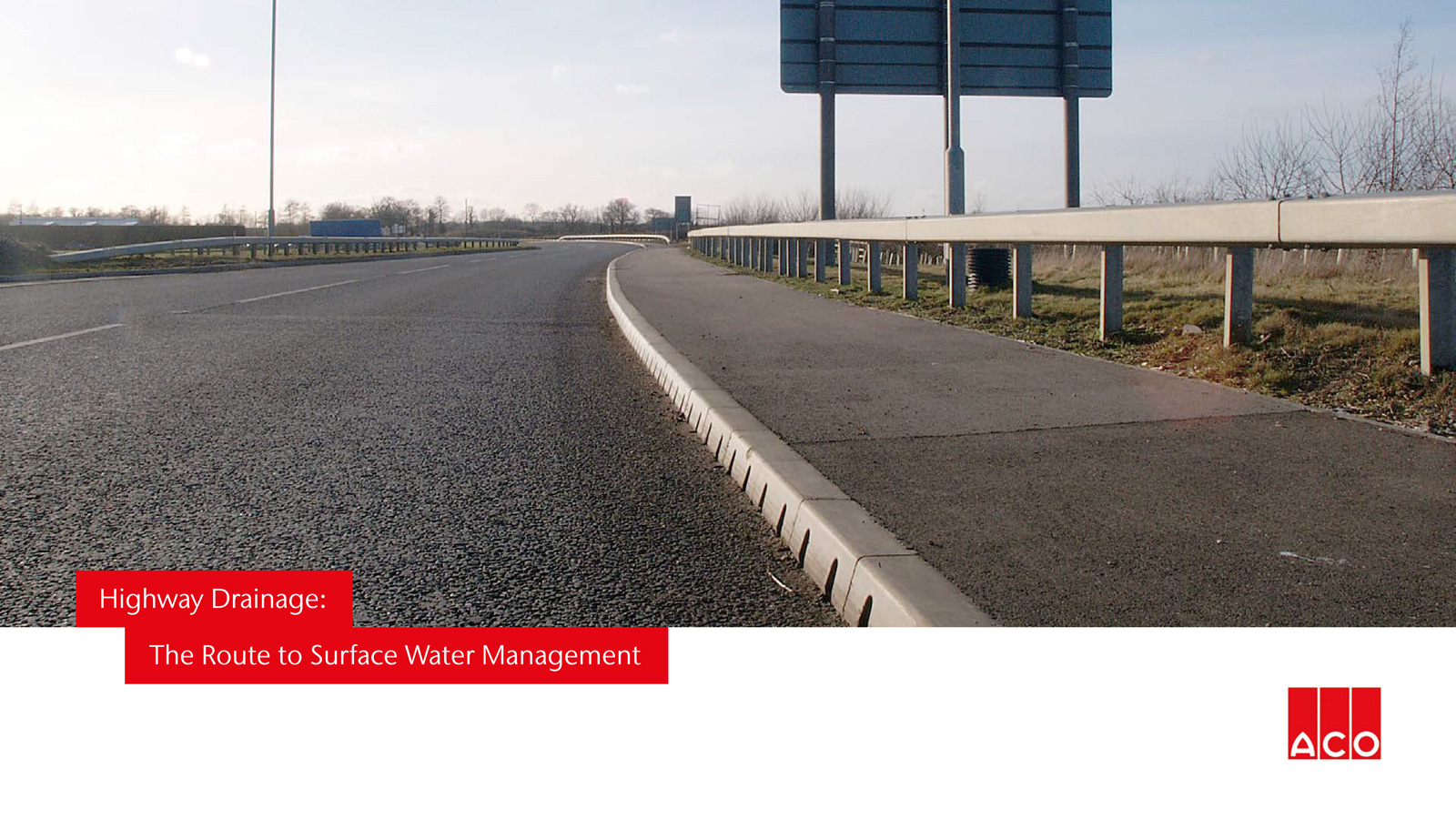More education and collaboration is required across the highways industry, after a new survey by ACO Water Management highlighted critical knowledge gaps regarding the implementation and maintenance of drainage systems.
Outlined in a report – Highway Drainage: The Route to Surface Water Management – 100 infrastructure and highways engineers were surveyed to delve into the key priorities and challenges for engineers working on highway schemes.
Among the key findings, more than half (55%) confirmed that they have worked on a project where maintenance of drainage has not been considered. Additionally, while 67% of respondents were confident of a clear maintenance strategy being put in place post-installation, only 22% were ‘very confident’. According to the report, highways engineers need to ensure they are prioritising maintenance accessibility when deciding which solutions to implement as part of their projects.
The research also revealed a lack of understanding on load class specification. Indeed, 56% confirmed they fully understand the specification requirements for highways works in relation to linear drainage channel and combined kerb drainage load classification.
Terry Wilkinson, Specialist Design & Application Engineer at ACO Water Management, said:
“We wanted to undertake the research to understand the challenges facing the highways industry. Unfortunately, it appears there is uncertainty within the industry among many critical infrastructure components. This includes specifying load classes in highways drainage design, which should be a cause for concern.
“There are a number of reasons for this lack of knowledge outlined in the report, including the potential misinterpretation on the Manual of Contract Documents for Highways Works guidance. We have launched our report as an educational tool for the highways industry to help navigate these challenges with actionable solutions.”
In ACO’s report, it also found some confusion on Sustainable Drainage Systems (SuDS), which are growing in importance across UK highways projects. According to the survey, less than half (44%) of respondents ‘fully understand’ the Simple Index Approach to the SuDS Manual, while just 1% said they did not face any barriers in SuDS schemes.
Perhaps surprisingly, 53% agreed that wildlife mitigation is an afterthought when it comes to planning projects. Terry Wilkinson said: “Water treatment and biodiversity protection are key considerations when it comes to incorporating SuDS. Again, the survey results indicate that highway engineers need more guidance around what solutions are available and how to integrate these to full effect.
“Collaboration is going to be essential to ensure we achieve safe, durable and sustainable drainage systems on our highways. Our report highlights that consulting drainage manufacturers, local authorities and ecologists from the very beginning of a project will enable highways schemes to tackle water management sustainably.”
To download a copy of the report, please visit https://www.aco.co.uk/the-route-to-surface-water-management-report




